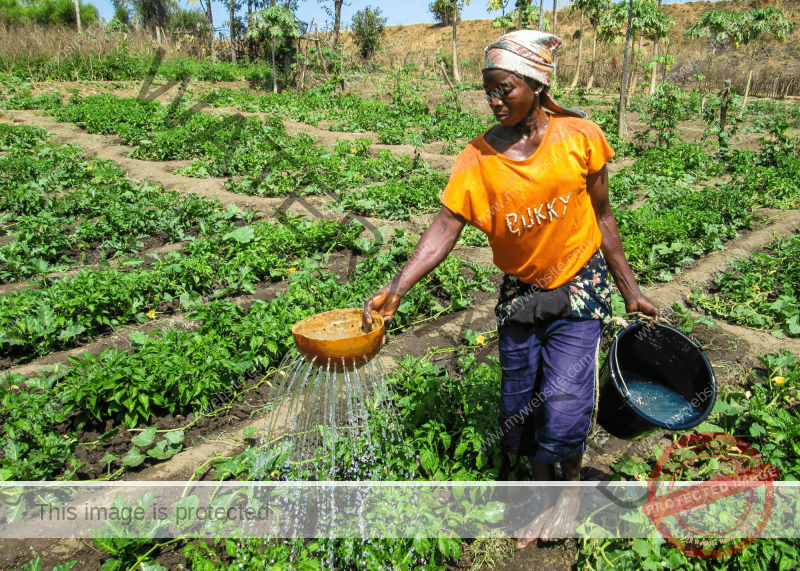By Alicia Dupont | Science Correspondent
Africa stands at a pivotal crossroads in the 21st century. On one side lies a legacy of underdevelopment, food insecurity, and health challenges. On the other, hand a rising tide of scientific breakthroughs—particularly in genetic engineering—offers unprecedented potential to transform economies and livelihoods. But how can Africa harness these tools on its own terms, and is there a way to build prosperity and health without dependence on foreign biotech giants?
A New Green Revolution?
Africa’s food systems are under immense pressure. Climate change, desertification, and population growth are threatening to outpace food production. In response, global biotech firms have proposed genetically engineered (GE) crops—resistant to drought, pests, or disease—as a solution to famine and yield gaps.
CRISPR-edited maize, nitrogen-fixing rice, and fast-growing cassava are among the gene-edited crops touted as game-changers. If responsibly applied, such technology could:
Increase yields by 40–70% in semi-arid zones.
Reduce reliance on chemical pesticides and fertilizers.
Boost farmer incomes and reduce post-harvest losses.
However, this comes with geopolitical baggage. Most GE technology is patented by corporations in the Global North, raising concerns about seed dependency, loss of indigenous varieties, and erosion of food sovereignty.
Volcanic Soil: Nature’s Forgotten Superpower
Before looking abroad for gene fixes, Africa must re-examine its natural inheritance—especially the fertile volcanic soils of the Rift Valley, Cameroon Highlands, Jos Plateau, and beyond.
These andosols and nitisols are among the most mineral-rich in the world, yet remain underutilized due to poor infrastructure, outdated farming techniques, and lack of investment in agroecology.
Here’s how Africa can boost nutrition and health without imported genetics:
Crop Rotation with Legumes Restores nitrogen in soil and improves diet diversity.
Biofortification Using Traditional Breeding: Scientists in Nigeria and Uganda have already developed vitamin A-rich maize and iron-rich beans without transgenic modification.
Mycorrhizal Fungi and Microbiome Enhancement: Supporting native soil fungi increases nutrient uptake without fertilizers.
Permaculture and Indigenous Agroforestry: Mimicking local ecosystems enhances food diversity, prevents erosion, and restores land.
These methods are low-cost, community-led, and preserve Africa’s agricultural sovereignty, while improving immune resilience, reducing malnutrition, and increasing life expectancy.
A Healthier Africa, Engineered by Nature
Africa’s health crisis is often linked to food—more precisely, to its quality, not just quantity.
Genetic engineering may play a role, especially in combating diseases like sickle cell anemia or hereditary blindness. Yet, local solutions must come first:
Traditional diets, rich in millet, fonio, moringa, and fermented foods, offer superior nutrition to Western imports.
Decentralized bio-labs and seed banks can help African scientists develop region-specific solutions, avoiding biotech dependency.
Policy-driven subsidies for organic fertilizers, indigenous seed propagation, and volcanic soil preservation can multiply the continent’s agricultural yield and reduce reliance on modified crops.
Toward a Self-Engineered Renaissance
Africa does not need to choose between technology and tradition—it needs to balance them. Genetic engineering can aid in disease control, yield improvement, and even climate adaptation. But without a foundation of local control, ecological respect, and knowledge empowerment, the continent risks repeating the mistakes of the past.
The future of Africa’s economy lies not in mimicking foreign models, but in building an African bio-economy rooted in its soil, its science, and its people.
Alicia Dupont
Science Correspondent | The Independentist news.





















Leave feedback about this